Women talk about the circumstances that drove them to seek illegal abortions and the often traumatic result. Interwoven with historical photographs and newsreel footage, the stories expose how the reality of women's lives were counterposed to what was socially and morally expected of them.
Related Movies

Old Dog (2017)
Retired New Zealand farmer and dog trainer Paul Sorenson passes his knowledge to the next generation of shepherds, and reflects on the sacrifices he's made to pursue his intense passion for dogs.
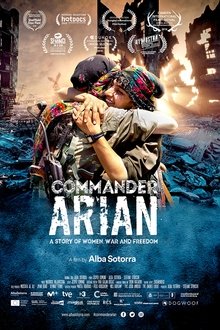
Commander Arian (2018)
On the front line of the Syrian war, a 30-year-old commander leads her female battalion to retake an ISIS-controlled city and emerges severely wounded, forcing her to redefine herself in this empowering tale of emancipation and freedom.
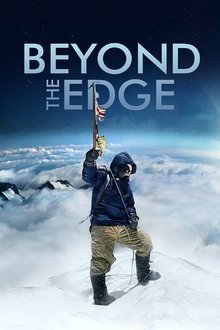
Beyond The Edge (2013)
A 3D feature film about Sir Edmund Hillary's monumental and historical ascent of Mt. Everest in 1953 - an event that stunned the world and defined a nation.
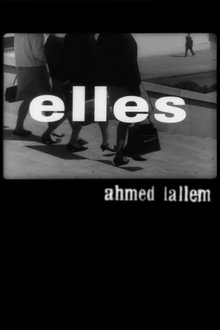
The Women (1966)
Documentary dialogue with young women in Algiers on their experience of independence shortly after their country's independence.
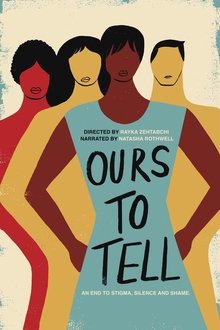
Ours to Tell (2020)
Four people - Brittany, Hannah, Nick, and Ylonda - tell their stories about how access to abortion in their community helped them empower themselves to lead lives they want to live.

The Hockey Film (2023)
A harsh winter in Canada’s Muskoka, where players face sub-zero temperatures, contrasts with New Zealand, where hockey is just starting to take root. Yet, between these two far-apart nations, there’s one thing they share: a deep love for the game of hockey.
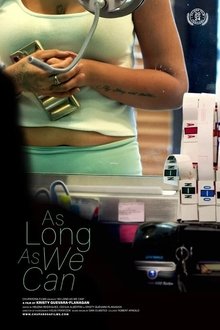
As Long As We Can (2024)
As the Arizona Supreme Court argues on whether to reinstate an abortion ban that originated in 1864, As Long As We Can offers a glimpse into the day-to-day activities of this, for now, still functioning clinic.
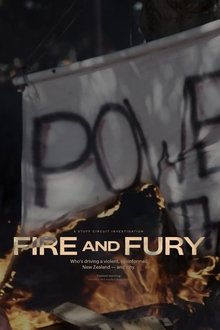
Fire And Fury (2022)
Who is driving a violent, misinformed New Zealand, and why? Fire and Fury is a Stuff Circuit investigation into disinformation in Aotearoa New Zealand.
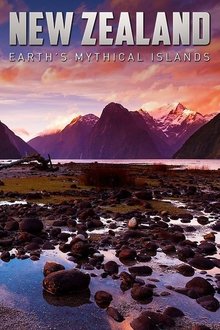
New Zealand: Earth's Mythical Islands (2016)
Isolated from the rest of the world since the time of the dinosaurs, New Zealand’s magnificent wildlife has been left to its own devices for 80 million years, with surprising consequences. This series reveals New Zealand’s rich and intriguing wildlife stories, from the bustling communities of penguins hiding away in giant daisy forests to the kakapo – Earth’s only species of flightless nocturnal parrots. New Zealand was also the last place to be discovered and settled by people who brought with them new animals, like merino sheep and new predators like the stoat. Finally the series meets the pioneering conservation heroes who are fighting to save some of its most endangered species.
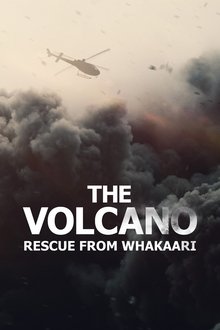
The Volcano: Rescue from Whakaari (2022)
A close examination of the Whakaari / White Island volcanic eruption of 2019 in which 22 lives were lost, the film viscerally recounts a day when ordinary people were called upon to do extraordinary things, placing this tragic event within the larger context of nature, resilience, and the power of our shared humanity.
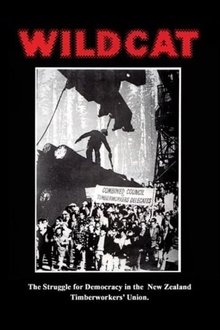
Wildcat: The Struggle for Democracy in the New Zealand Timberworkers' Union (1981)
Delegates and workers discuss the issues that effect the Timberworkers’ Union, the reasons for the formation of the Combined Council of Timber Workers Delegates (CCD) and their industrial action.
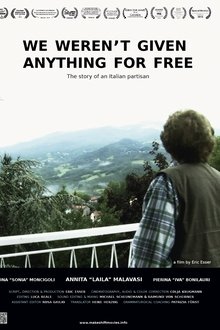
We Weren't Given Anything for Free (2014)
Annita Malavasi was just 22 when the Germans occupied Italy, their former allies, in 1943. As a partisan in the Italian resistance named “Laila”, she moved throughout the Apennines with and between fighting units, delivering information, transporting weapons, and taking part in battles. She spent over a year in the Apennines, fighting against the German occupation. At the same time, she had to assert herself against the men of the mountain villages. By the end of the war, Laila had risen among the ranks to become one of the few female commanders in the Italian resistance. This film chronicles the story of a lifelong struggle for emancipation that began with the battle for Italy’s liberation from fascism. Laila and her two comrades, Gina “Sonia” Moncigoli and Pierina “Iva” Bonilauri talk about their time in the Resistenza and what it meant to them and many other women.
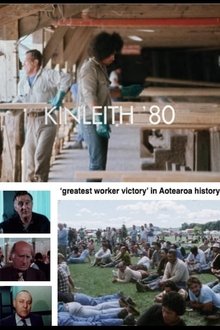
Kinleith '80 (1983)
Covers the 12-week-long strike at Kinleith Pulp and Paper Mill, owned by New Zealand Forest Products in January 1980.
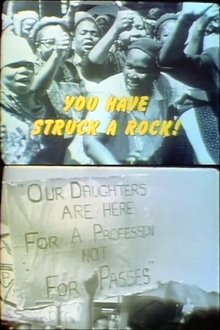
You Have Struck a Rock! (1981)
You Have Struck A Rock! commemorates the special contribution of South African women to the success of the anti-apartheid struggle. It recovers the remarkable "women's campaigns" of the 1950s against the hated pass system. This massive, non-violent civil disobedience movement was only finally crushed by the 1960 Sharpeville Massacre and the banning of anti-apartheid organizations. Lilian Ngoyi, Helen Joseph, Dora Tamana and other leaders recall this struggle and their imprisonment and banning. Yet they remain undaunted, demonstrating the South African proverb: "When you have touched a woman, you have struck a rock."
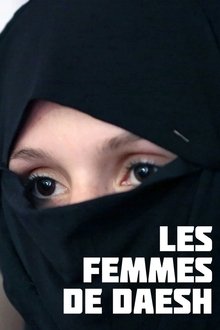
Die Frauen der Terrormiliz (2019)
Nanny, cook or sex slave. For a long time, the mistaken belief that the women in the terrorist organization Islamic State were condemned to blind obedience was held up. But appearances are deceptive. Some of them join the terrorist militia of their own free will. They are fully integrated into the system: they torture with unscrupulous cruelty and actively fight alongside their men. Today, the Caliphate's capitals lie in ruins. Nevertheless, many of the women have stayed and are trying to leave behind memories full of pain and shame. Thomas Dandois gives them a voice.
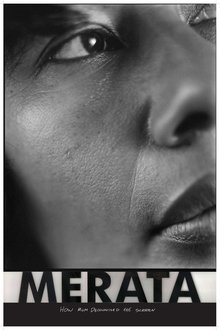
Merata: How Mum Decolonised the Screen (2019)
This film is an intimate portrayal of pioneering filmmaker Merata Mita told through the eyes of her children. Using hours of archive footage, some never before seen, her youngest child and director Hepi Mita discovers the filmmaker he never knew and shares the mother he lost, with the world.


